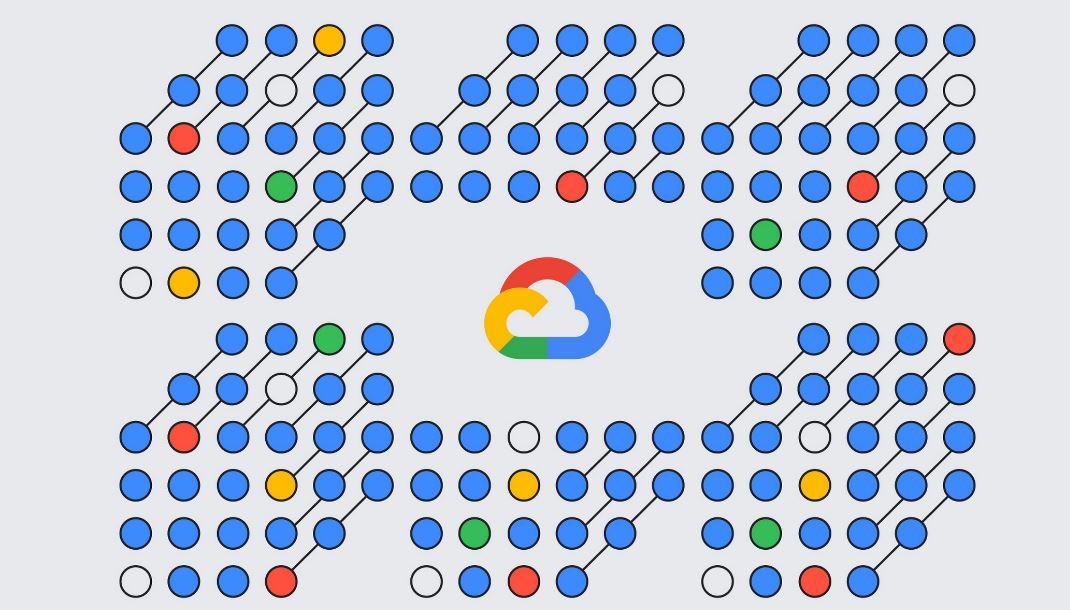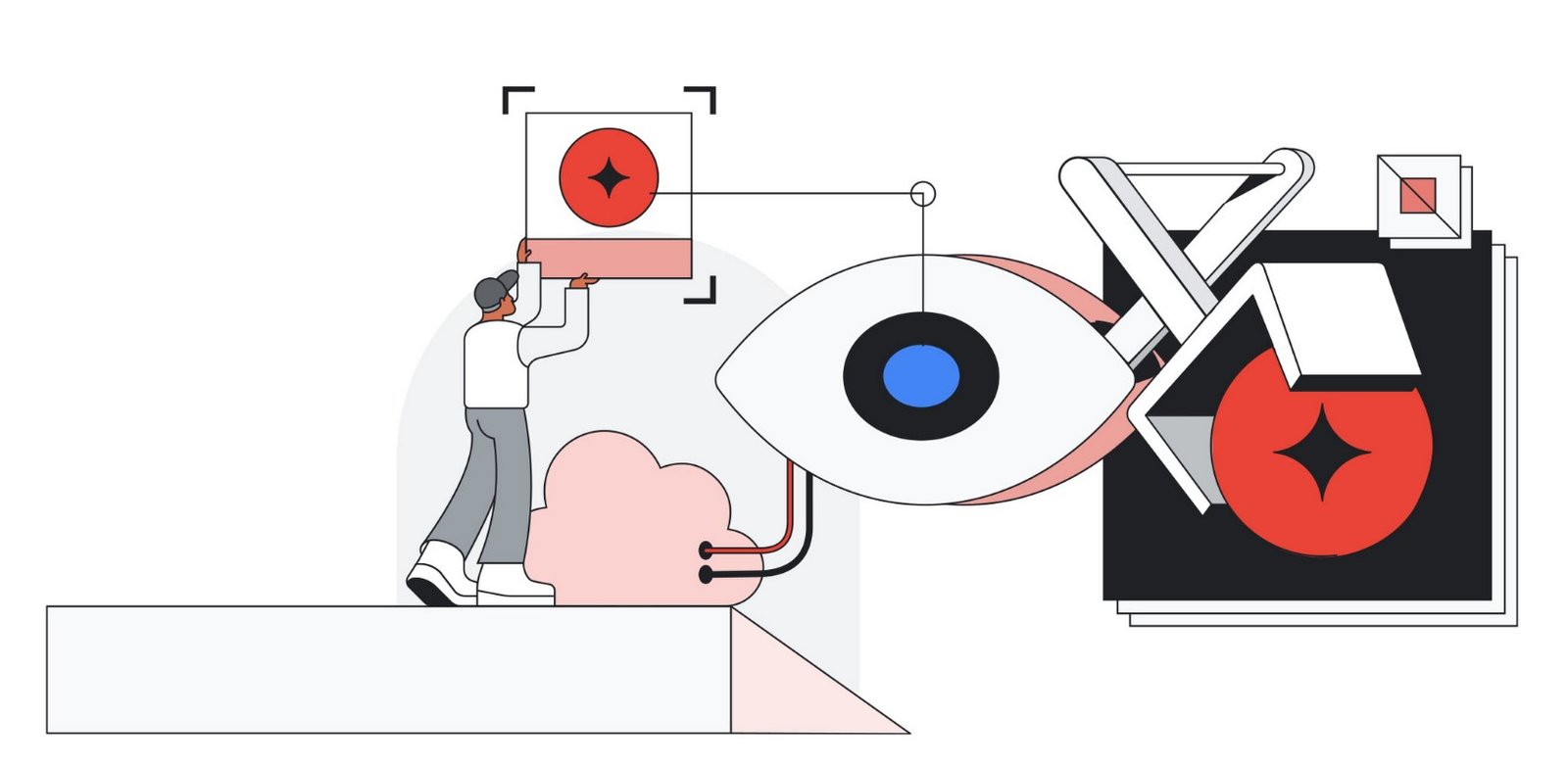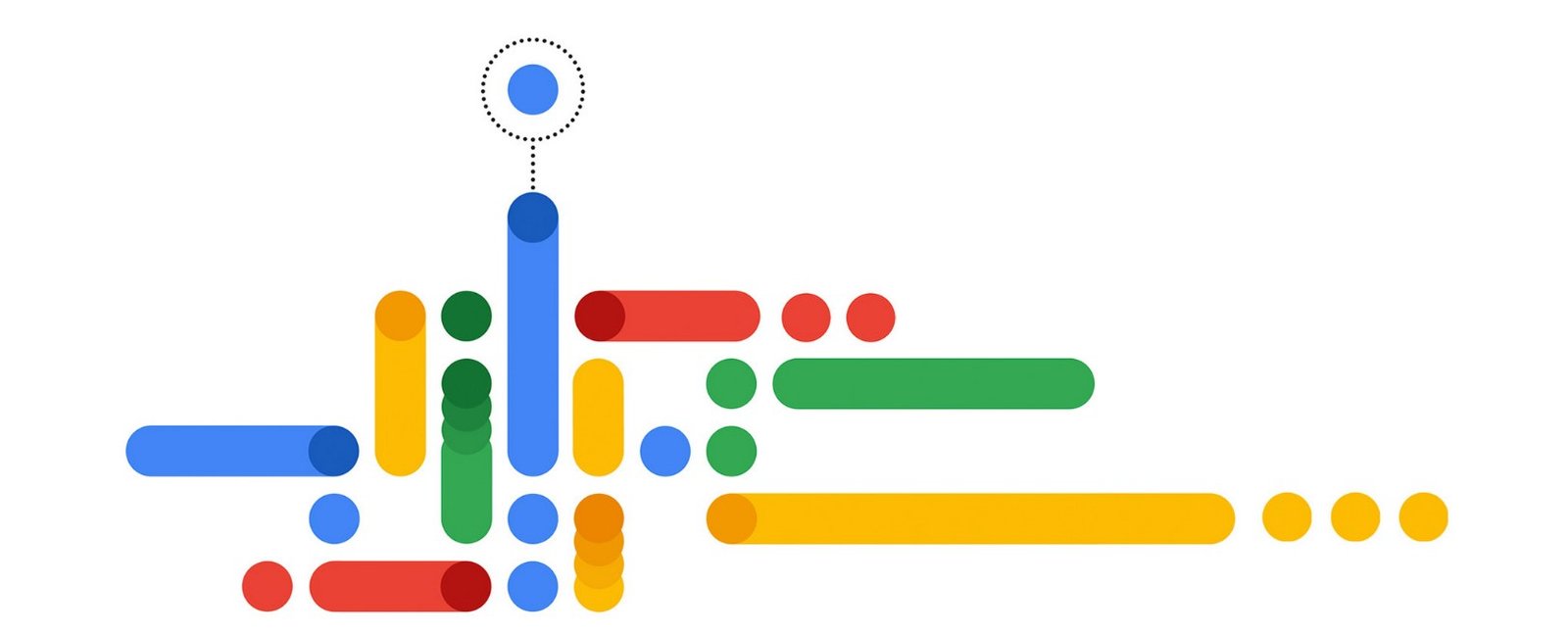Google Cloud Datalab is an interactive data analysis and machine learning environment built on Jupyter Notebooks. In this overview, we’ll cover the definition, how to use, commands (if applicable), use cases, examples, costs, pros, and cons of Cloud Datalab in GCP.
Definition:
Cloud Datalab is a fully managed Jupyter Notebook service designed for data exploration, analysis, visualization, and machine learning. It allows developers and data scientists to easily create and share notebooks that contain live code, visualizations, and explanatory text. Cloud Datalab integrates with various GCP services, such as BigQuery, Cloud Storage, and Cloud Machine Learning Engine, enabling seamless access to data and machine learning capabilities.
How to use:
1. To create a Cloud Datalab instance, navigate to the Cloud Datalab page in the GCP Console and click on “Create Instance.” Configure the instance settings, such as the instance name, region, and machine type, then click “Create.”
2. Once the instance is created, click on “Open Datalab” to access the Jupyter Notebook interface. You can create a new notebook or upload an existing one.
3. In the notebook, you can write code using Python, SQL, or other supported languages, leveraging various GCP services and libraries for data processing, analysis, and machine learning tasks.
4. When you’re done working with your notebook, you can save it to Cloud Storage, share it with others, or download it to your local machine.
Commands:
While most of the interaction with Cloud Datalab is done through the web-based Jupyter Notebook interface, you can also use the `gcloud` command-line tool to manage Datalab instances:
– To create a new instance: `gcloud compute instances create INSTANCE_NAME –image-family=cloud-datalab –image-project=cloud-datalab`
– To connect to an existing instance: `gcloud compute ssh –zone=ZONE INSTANCE_NAME –project=PROJECT_ID`
Use cases:
1. Exploratory data analysis and visualization using BigQuery, Cloud Storage, or other data sources.
2. Interactive development and testing of data processing and machine learning pipelines.
3. Collaboration and sharing of data insights, analysis results, and machine learning models with team members.
4. Rapid prototyping of machine learning models using TensorFlow, scikit-learn, or other libraries.
Examples:
1. A data analyst using Cloud Datalab to explore and visualize customer data stored in BigQuery, identifying trends and insights to inform business decisions.
2. A data scientist developing and testing a machine learning model to predict customer churn using TensorFlow and Cloud ML Engine, iterating on the model directly within a Datalab notebook.
Costs:
Cloud Datalab pricing is based on the underlying Compute Engine instance used to run the service. The instance type, region, and usage duration determine the cost. You can find detailed pricing information on the Compute Engine pricing page.




